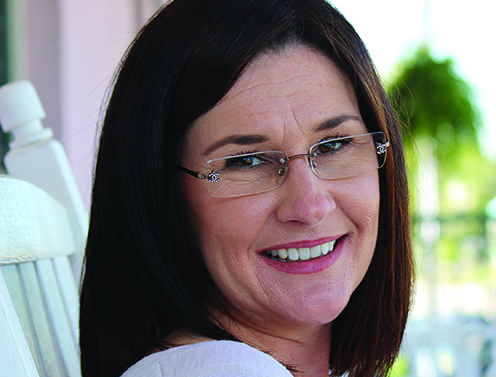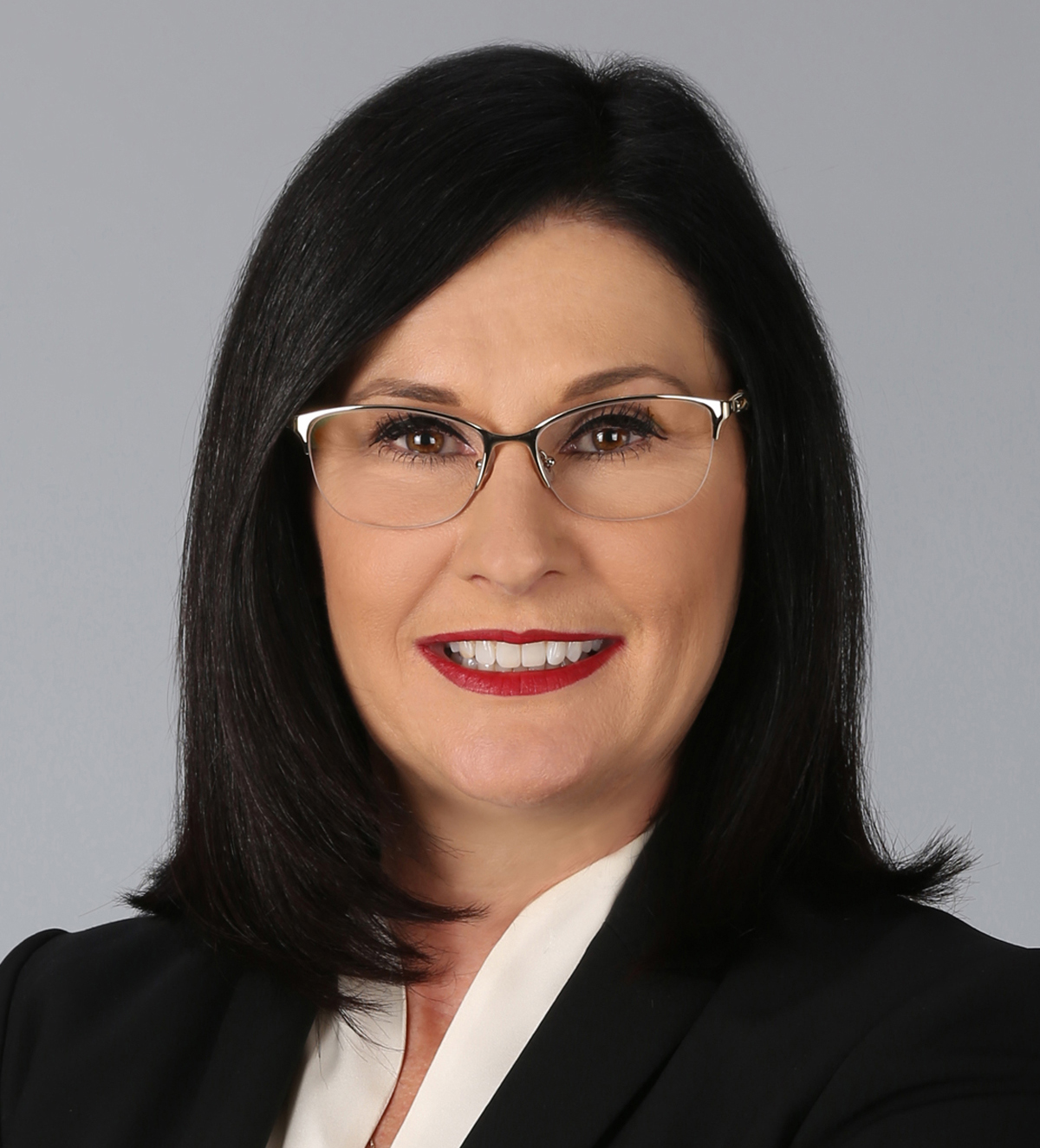By Darcie Lunsford
In 2015, Florida collected $1.5 billion by charging a sales tax on rent, utilities, insurance and the common area maintenance costs of running commercial properties. Because common area maintenance generally includes a pass-through of all ad valorem taxes, business tenants also are paying sales tax on property taxes paid to local municipalities and counties.
That’s an unfortunate coincidence in a state that touts itself as having one of the most competitive tax structures and pro-business environments in the nation, and it has not escaped Gov. Rick Scott’s attention.
At the persistent nudging of numerous heavyweight industry groups such as Florida Realtors, the National Federation of Independent Businesses, and NAIOP, the commercial real estate development association, the governor has proposed giving businesses a 1.5 percent cut on business rent taxes as part of his 2017-18 budget. This stands to put $454 million back into business bank accounts.
This is not the first time the governor has tried to roll back the business rent tax, but this year it is getting some traction in the Florida Legislature, which continues in session through May 5.
Kyle Jones, president of NAIOP Florida and portfolio manager of Fort Lauderdale-based developer Stiles Corp., says the business rent tax puts Florida commercial real estate properties at a pricing disadvantage to other states. It is bad for all business bottom lines.
“It increases their occupancy cost, which consumes resources that could otherwise be used for growth,” Jones says. Cutting this tax “will unleash a new revenue stream for local businesses that will stimulate private sector growth and employment,” he says.
Multiple tax-cutting bills have been floated during the current legislative sesson, each varying on how much and which way to taper this tax:
• Exempting a portion of rent and CAM by $10,000 in 2018 and then stepping up that exemption each year until it reaches a full $90,000 in 2026.
• Cutting 1 percent across the board.• Eliminating the sales tax paid on the ad valorem portion of CAM.
• Exempting leases that are less than $50,000 a year in rent.
Economic development experts say the tax puts Florida at a competitive disadvantage with other Southern states—namely Tennessee, Georgia, Mississippi, Texas and the Carolinas—for large and small corporations.
The sales tax on commercial rent means corporate real estate costs are 6 percent higher in Broward County and 7 percent higher in Miami-Dade and Palm Beach counties than they might be in another state.
“When we are compared directly to other states, it puts us at a potential disadvantage,” says David Coddington, vice president of the Greater Fort Lauderdale Alliance. “When a company looks at Texas—which also has no personal income tax and Florida directly competes with all the time—then they look at Florida with this lease tax, it makes us less competitive.”
Coddington says when the tax issue comes up during negotiations to nab a new corporate facility, economic development officials have to come with other ways to bring more value to the deal to get it across the finish line. “We just need to be competitive to increase our tax and job base,” he says. ↵
Freelance writer Darcie Lunsford is a former real estate editor of the South Florida Business Journal. She is the senior VP for leasing at Butters Group and is avoiding a conflict of interest in her column by not covering her own deals.











